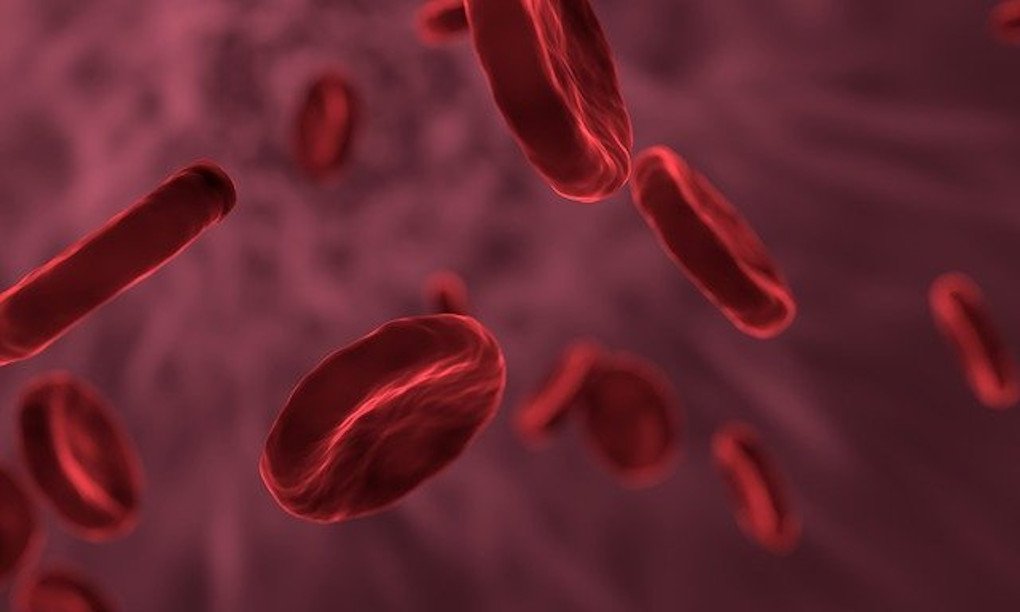Phosphatidylethanol (PEth) testing is a reliable method to help create a picture of alcohol consumption. In this blog we explore what PEth testing is, how it can be used in family law cases and its effectiveness.
What is PEth Testing?
A PEth blood test measures the level of phosphatidylethanol, a direct alcohol biomarker which is found in human blood following alcohol consumption. Phosphatidylethanols are abnormal phospholipids formed in the presence of ethanol (more commonly known as alcohol). PEth is formed in the presence of ethanol and bonds to the membrane of red blood cells.
What is the window of detection for PEth?
The more a person drinks alcohol, the more PEth will be formed in the blood. PEth blood testing is useful in detecting prolonged or heavy ‘binge’ drinking, when tested for regularly. Typically, the detection period for PEth is 4 weeks. PEth can remain in blood for as long as 4 weeks.
How effective is PEth Testing?
Because PEth is only formed in the presence of ethanol, it is a reliable test method for determining alcohol use. This also means that it has a high sensitivity due to its direct relation to alcohol consumption. Unlike other indirect alcohol markers that can be found in blood, PEth is also reliable because it is not affected by medications and health problems.
Testing for PEth in Family Law
Drinking experiments show that PEth can be detected in blood shortly after consumption and for up to 12 days after a single drinking episode*. As alcohol accumulates in blood with frequent alcohol consumption it can be used to determine chronic excessive alcohol use. In light of this, PEth can assist in building a picture of alcohol use when used alongside hair testing and is not recommended as a sole screening tool**.
Our Recommendations
At Lextox, we offer PEth testing and recommend a combined analysis of this alongside other alcohol biomarkers to help provide clients with a better picture of alcohol use over time. In our expert opinion, blood tests are unable to provide a definitive assessment of alcohol use and we recommend that where possible that they are not used in isolation.
Blood alcohol analysis should form part of the evidential picture when trying to assess an individual’s chronic alcohol use and it is recommended to be used in conjunction with other evidence, such as hair alcohol marker testing.
For more information on blood alcohol testing, or to request a quote, call us on 029 2048 4141 or email [email protected].
References:
* https://www.ncbi.nlm.nih.gov/pubmed/27596747
**https://books.google.co.uk/books
Published 26/09/19 – All information correct at time of publication

